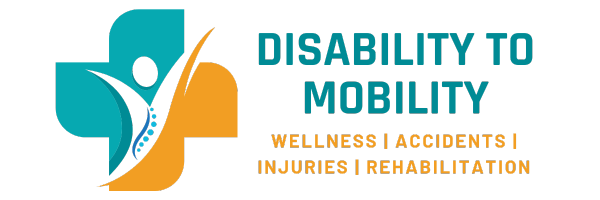Physiotherapy as a Potential Treatment for Peripheral Neuropathy
Introduction
Peripheral neuropathy is a condition characterized by damage to the peripheral nerves, which are responsible for transmitting signals between the central nervous system and the rest of the body. This damage can lead to symptoms such as pain, numbness, tingling, and muscle weakness, primarily affecting the hands and feet. Managing peripheral neuropathy can be challenging, but physiotherapy has emerged as a promising treatment option to alleviate symptoms and improve quality of life.
Understanding Peripheral Neuropathy
Peripheral neuropathy can arise from various causes, including diabetes, infections, autoimmune diseases, and exposure to toxins. The symptoms and severity of neuropathy can vary widely, making it essential to tailor treatment to the individual’s needs. Common symptoms include:
- Pain: Burning, stabbing, or shooting pain in the affected areas.
- Numbness and Tingling: Sensations of numbness or a “pins and needles” feeling.
- Muscle Weakness: Reduced strength in the muscles, leading to difficulties in movement and coordination.
- Sensitivity: Heightened sensitivity to touch, temperature, or pressure.
Role of Physiotherapy
Physiotherapy plays a crucial role in managing peripheral neuropathy by focusing on symptom relief, improving function, and enhancing overall well-being. The following are key components of physiotherapy for peripheral neuropathy:
Pain Management:
- Modalities: Techniques such as heat and cold therapy, transcutaneous electrical nerve stimulation (TENS), and ultrasound therapy can help reduce pain and inflammation.
- Manual Therapy: Gentle massage and manipulation of soft tissues can alleviate discomfort and improve circulation.
Exercise Therapy:
- Strengthening Exercises: Targeted exercises to strengthen weakened muscles, enhancing mobility and stability.
- Stretching: Regular stretching routines to improve flexibility and prevent muscle contractures.
- Balance Training: Exercises to enhance balance and coordination, reducing the risk of falls.
Education and Self-Management:
- Posture and Ergonomics: Training in proper posture and ergonomics to minimize nerve compression and strain.
- Foot Care: Guidance on proper foot care, especially for diabetic patients, to prevent complications such as ulcers and infections.
Functional Training:
- Activity Modification: Adapting daily activities to reduce strain on affected areas and improve overall function.
- Assistive Devices: Recommendations for the use of assistive devices such as braces, splints, or walking aids to enhance mobility and independence.
Benefits of Physiotherapy
Physiotherapy offers numerous benefits for individuals with peripheral neuropathy, including:
- Symptom Relief: Reduction in pain, numbness, and tingling, leading to improved comfort and quality of life.
- Improved Mobility: Enhanced strength, flexibility, and balance, facilitating easier movement and daily activities.
- Prevention of Complications: Reduced risk of falls, injuries, and secondary complications associated with neuropathy.
- Increased Independence: Greater ability to perform daily tasks independently, promoting self-sufficiency and confidence.
- Enhanced Well-Being: Improved mental and emotional well-being through physical activity and pain management.
Case Studies and Research
Several studies have highlighted the effectiveness of physiotherapy in managing peripheral neuropathy. For instance, research has shown that exercise therapy can improve nerve function and reduce symptoms in diabetic neuropathy patients. Another study demonstrated that balance training significantly decreased the risk of falls in individuals with peripheral neuropathy, enhancing their overall quality of life.
Conclusion
Physiotherapy offers a comprehensive and holistic approach to managing peripheral neuropathy, addressing both physical and functional aspects of the condition. By incorporating pain management techniques, exercise therapy, and education, physiotherapy can significantly improve symptoms and enhance the quality of life for individuals with peripheral neuropathy. If you or a loved one is experiencing symptoms of peripheral neuropathy, consult a healthcare professional to explore the potential benefits of physiotherapy as part of your treatment plan.
